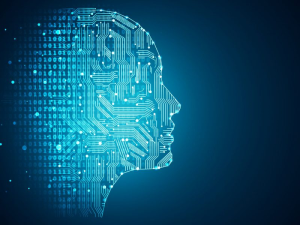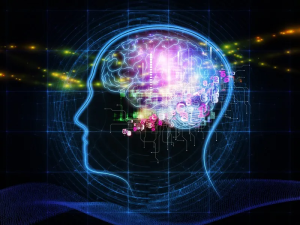
In the not-so-distant past, the concept of Artificial Intelligence (AI) existed solely within the realms of science fiction. Today, AI is a reality, transforming industries, economies, and human lives. Its development has been a journey of groundbreaking discoveries, challenges, and ethical considerations. This article delves into the evolution of AI, its diverse applications, and its potential impact on society.
- The Evolution of Artificial Intelligence
The seeds of AI were sown in the 1950s when Alan Turing proposed the idea of creating machines capable of human-like intelligence. Early AI research focused on logical reasoning and problem-solving. In the 1960s, AI pioneers like John McCarthy introduced the term “artificial intelligence” and laid the foundation for the field. However, progress was slow until the advent of neural networks and machine learning algorithms in the 1980s and 1990s, which reinvigorated the AI community.
- The Diverse Applications of AI
The broad spectrum of AI applications has revolutionized industries and enhanced efficiency across the board. In healthcare, AI assists in disease diagnosis and drug development, improving patient outcomes. In finance, AI-powered algorithms streamline trading processes and detect fraudulent activities. Moreover, AI has revolutionized transportation, enabling the development of self-driving cars that promise to make roads safer and reduce traffic congestion.
AI’s reach extends to customer service, where chatbots and virtual assistants provide real-time support. Educational platforms leverage AI to personalize learning experiences, catering to individual needs and learning styles. Additionally, AI plays a significant role in environmental protection, optimizing resource usage and predicting natural disasters.
- The Ethical Implications of AI
As AI continues to advance, it brings with it complex ethical dilemmas. Concerns about job displacement, biased algorithms, and data privacy have arisen. While AI promises efficiency, the potential loss of jobs has sparked debates on how to address this issue.
Additionally, AI algorithms can perpetuate biases present in training data, leading to discriminatory outcomes. Ensuring fairness and inclusivity in AI systems is crucial to prevent amplifying existing social disparities.
Data privacy is another critical ethical concern. As AI relies heavily on data, ensuring the responsible and ethical use of personal information becomes paramount. Striking a balance between data utilization and privacy protection remains a challenge.
- AI’s Potential Impact on Society
The impact of AI on society is multi-faceted. On one hand, it presents opportunities for innovation, economic growth, and improved quality of life. AI-driven technologies can enhance healthcare access, optimize urban planning, and augment scientific discoveries.
However, the rapid integration of AI also demands a well-prepared workforce. Upskilling and reskilling programs are essential to equip individuals with the skills required to collaborate with AI systems effectively.
Furthermore, AI’s potential to exacerbate economic inequality must be addressed through well-thought-out policies and regulations. Striking a balance between embracing technological advancements and mitigating potential negative consequences is a challenge society must confront.
Conclusion
Artificial Intelligence has evolved from a speculative idea to a pervasive force shaping our world. Its applications are diverse, revolutionizing industries and empowering individuals across the globe. However, with such transformative power comes great responsibility. Addressing ethical dilemmas, ensuring equitable access, and fostering a well-prepared society are imperative to harness the true potential of AI for the greater good. As we continue to explore the depths of AI’s capabilities, a human-centric approach that promotes collaboration between man and machine will define the path forward.







